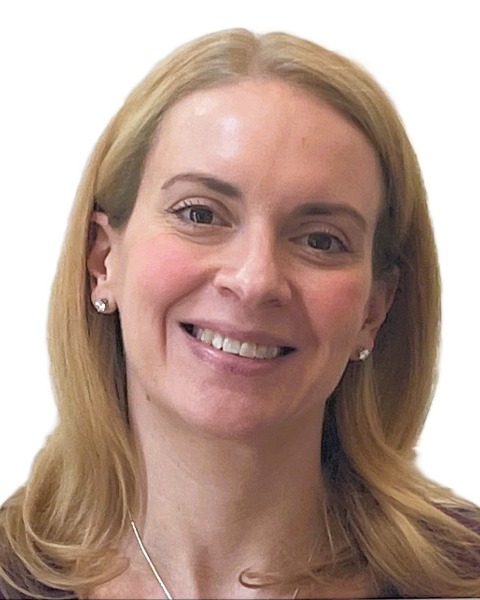
Nicole L. Solimini, PhD (she/her/hers)
Scientific Director, David Liposarcoma Research Initiative
Dana-Farber Cancer Institute
Nicole Solimini, Ph.D. received her B.S. from the University of Illinois in Biochemistry and Ph.D. in Cell and Developmental Biology from Harvard Medical School. During her Ph.D. in Joan Brugge’s lab, Nicole investigated signaling mechanisms involved in breast cancer cell survival and proliferation during metastasis and specialized in using some of the first 3D culture systems for breast cancer research. During her postdoctoral training, Dr. Solimini was a pioneer of functional genomics, performing the first large-scale, genome-wide genetic screens in human cells to identify and characterize potential oncogenes and tumor suppressors. Using these screens, she discovered a previously unknown role for recurrent regions of hemizygous deletion in cancer to contribute to tumorigenesis by maximizing proliferative fitness through cumulative haploinsufficiency. By reducing expression of multiple genes that constrain cell proliferation and survival while minimizing the loss of essential genes, cancers incrementally optimize proliferative potential. Along with Steve Elledge and Ji Luo, Dr. Solimini is credited with the idea of non-oncogene addiction, referring to the increased dependence of cancer cells on the normal cellular functions of certain genes, which themselves are not classical oncogenes. Additionally, she led a team of researchers to create the first synthetic phage-display library covering the human peptidome and developed PhIP-seq, a method for comprehensive, quantitative profiling of antibodies. Nicole was the recipient of several awards for her work including a Susan G. Komen Postdoctoral Fellowship, a Keystone Symposium Scholarship, and a National Science Foundation Graduate Research Fellowship. Dr. Solimini is currently the Scientific Director of the David Liposarcoma Research Initiative at Dana-Farber Cancer Institute and a leader in sarcoma basic and translational science as a member of the Sarcoma Center at Dana-Farber.
